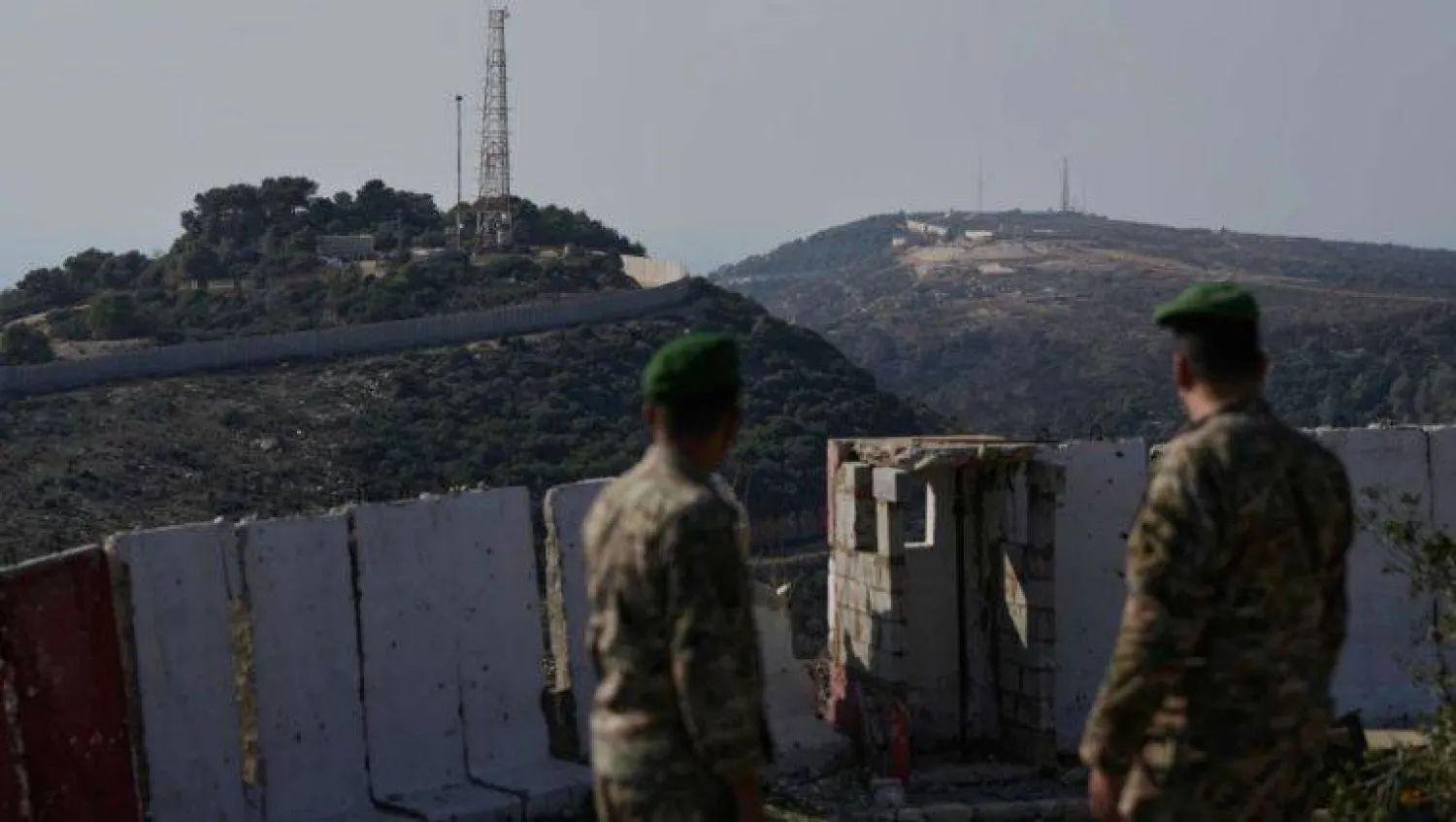Lebanon kicked off on Saturday the process of removing weapons in possession of Palestinian factions outside of their refugee camps.
The arms are mainly held by groups allied with the ousted Syrian regime that were based in several areas in the Bekaa, South, Beirut and the border with Syria.
The Lebanese army announced on Saturday that it had taken over three military positions that were affiliated with two Palestinian factions that were close to Bashar al-Assad's former regime.
Two of the positions are in the eastern and western Bekaa and belonged to the Popular Front for the Liberation of Palestine – General Command. The third, in Rashaya, belonged to the Fatah al-Intifada group.
A security source told Asharq Al-Awsat that the army intelligence has been working on this issue for some time now and was close to completely resolving it.
The army said it had seized a large number of weapons and ammunition, as well as military gear.
The removal of the weapons outside state control is part of the ceasefire agreement reached between Israel and Hezbollah and which calls for dismantling all non-licensed military facilities that manufacture weapons in Lebanon.
The agreement also calls for removing all unlicensed weapons starting from regions south of the Litani River.
A similar agreement for the removal of Palestinian weapons was reached in March 2006, but it was never implemented.
A Lebanese security source, however, said that the latest progress in removing the Palestinian weapons has nothing to do with the ceasefire. Rather, it is related to the collapse of Assad's regime.
These factions were loyal to the regime, and they received funding and equipment from it, the source told Asharq Al-Awsat.
Hisham Debsi, the Director of the Tatweer Center for Studies, said the positions the army has taken over are tied to factions that are affiliated with Syrian security agencies.
He told Asharq Al-Awsat that the army should have been able to take over these locations as soon as United Nations Security Council resolution 1559 was issued in 2004.
The Palestinian Authority at the time agreed to the handover of weapons outside and inside refugee camps, but Hezbollah objected to the move and said it needed to be discussed at a dialogue among Lebanese political powers, Debsi went on to say.
At the dialogue, Hezbollah agreed to the removal of weapons inside and outside the camps, but it later thwarted the plan, he added.
The current removal of arms is tied to the implementation of resolution 1701 and others, notably 1559. It is also directly connected to the sudden and dramatic toppling of the Assad regime, he explained.
The Hayat Tahrir al-Sham, Syria’s interim rulers, had issued orders for Palestinian groups affiliated with the regime to lay down their arms. “These factions, which had raised the Palestinian flag and done nothing but harm the Palestinian and Lebanese people, no longer have their regional and Lebanese backers,” so they had no choice but to yield to the orders, Debsi said.
The conditions are ripe for the Lebanese state to impose its sovereignty, through the army, across all its territories and end the presence of any Palestinian armed groups outside the refugee camps, he stressed.
Moreover, the state has the right to impose its authority over the camps and remove the weapons there, he remarked.
At the moment, the removal of Palestinian weapons does not appear to be a precursor to Hezbollah laying down its weapons in areas north of the Litani.
Such a move demands a “major political decision that is off the table at the moment,” said the sources.









